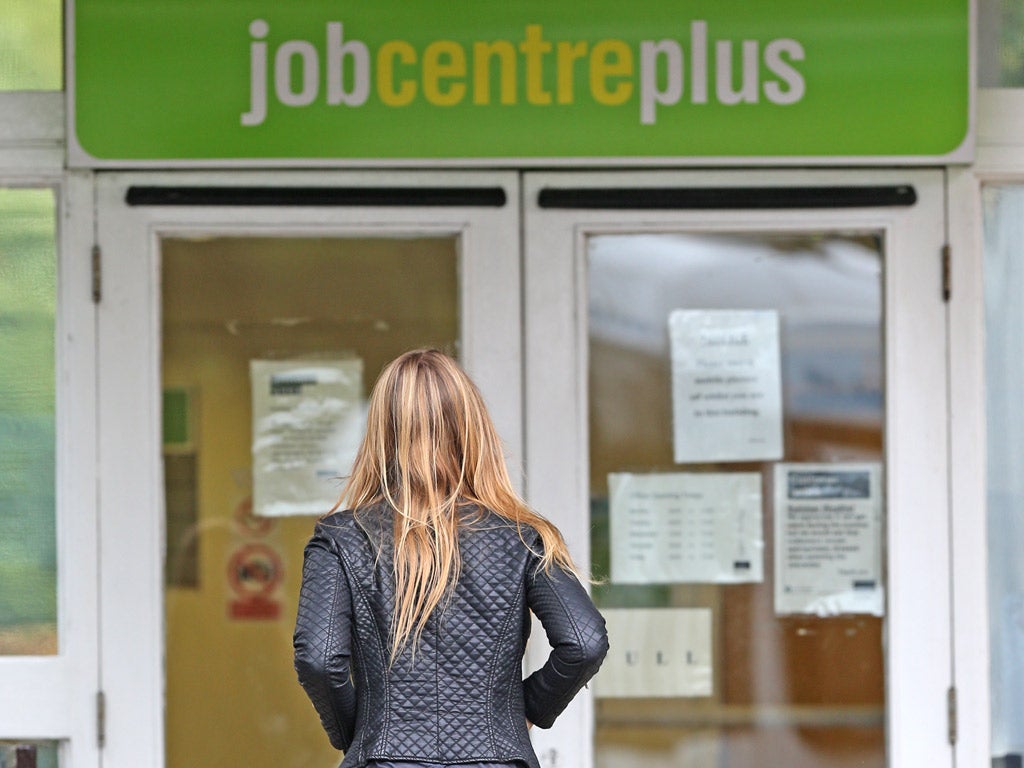Britain will pay a big price for Boris Johnson’s Brexit coup
The economy is already suffering because of the impending exit from the EU – this will make things even worse, writes James Moore


Make no mistake, there will be a price to be paid for the shameful behaviour of Boris Johnson and the minority Conservative government propped up by the Democrat Unionists that he heads. But, as ever, it is one that he and his millionaire cabinet colleagues will be able to weather a lot easier than you or I.
The inevitable consequence of the prime minister’s attempt to suspend parliament – his Brexit coup – was to send the pound into free fall. If sustained, that will have the effect of hiking the price of imported goods. Most consumer products are imported.
The FTSE 100 was flat. But it is made up of international companies, many of which make their money in dollars. The FTSE 250 index of second tier, mostly UK based businesses which earn in sterling, is the one to watch. It shed 165 points.
But those immediate coughs are relatively minor by comparison to a longer-term malady: the dagger Johnson has once again plunged into the heart of the UK’s reputation as a stable and sensible sort of place in which investors can feel confidence.
We will be paying the price of that for years after Johnson has retired on a very comfortable pension.
Yes, Britain has a skills gap, a productivity problem, crowded roads, sometimes creaky infrastructure, various other issues.
But, on the flip side, the rules and regulations businesses operate under here are clear and understandable. They are applied evenly and blind of nationality.
Conservative fulminating about “red tape” masks a truth that is rarely stated: Britain’s regulations and regulators are largely sensible and proportionate. Truth be told, they could do with being a little, and in some cases a lot, tougher.
The stability of this country’s institutions have made it a beacon for investors. Conservative leaders have long liked to point to the figures showing that and to claim a credit they really don’t deserve.
But those figures no longer look so favourable to the current administration.
In fact, the government’s own statistics show that there has been a sharp fall in foreign direct investment. Ministers have been reduced to spinning them, to saying things like, but, but, but look we still got more than (insert country name). That doesn’t change the hard underlying fact.
One thing companies pay close attention to when they are considering where to invest is “political risk”. You can offer as many assorted concessions – dodgy free ports for example – as you like but if they feel the rug is going to be pulled from under their feet on a regular occasion, or if they fear their operations are going to be threatened by regular crises, they will steer clear.
That didn’t used to happen in Britain. For all the fears stoked about him, it probably wouldn’t happen under Jeremy Corbyn. Labour’s programme isn’t without its dangers but it is actually quite proportionate by European standards.
It is happening under Johnson right now and there will be a substantial impact on jobs and prosperity, particularly in regions where they are hardest to find. That goes without saying.
Lots of columnists have been opining that Johnson should do this, or needs to think about that, and so on. Such assertions are pointless. This episode makes it very plain that his sole interest is raw power, and maintaining himself in it. The threadbare sense of duty we were told Theresa May had is utterly absent from him. If any institution threatens to get in the way it will be sacrificed. That could easily include the institutions relied upon by employers.
The point should rather be made to his colleagues, at least to those whose politics remain somewhere within what used to be known as the mainstream centre right and who haven’t yet sailed off into the extreme nationalist hinterlands. Johnson poses an existential threat to all the things they claim to care about: the union, British institutions, parliament, free markets, capitalism (with the exception of the casino kind), the rule of law.
Philip Hammond, the former chancellor, is a man who clearly understands this. The question is whether there are sufficient people sitting alongside him who also get it.
It is, obviously, not just an economic price we will pay as a consequence of the behaviour of Johnson and his chums. But the economic price we will pay will be extraordinarily high. The reaction of the markets and the business community yesterday represented a mere down payment on it.
Join our commenting forum
Join thought-provoking conversations, follow other Independent readers and see their replies
Comments